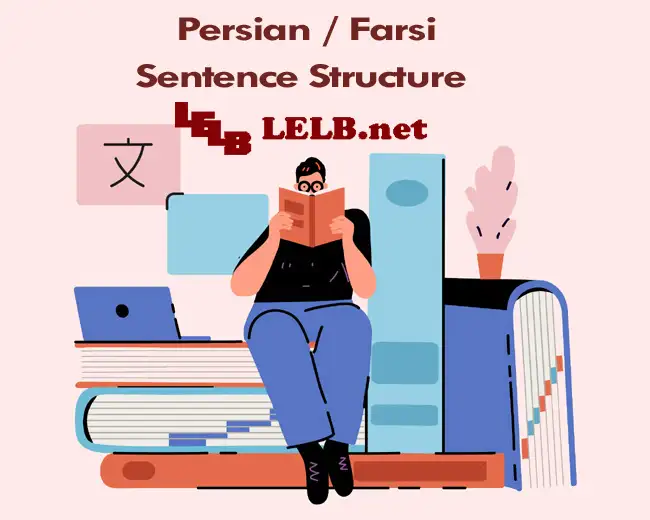Structure Dependency
Structure dependency is one of the properties of human language. Furthermore, it is one of the principles of Universal Grammar (UG), which is common to the syntax of all languages. Knowledge of language relies on the structural relationship in the sentences rather than on the sequence of words. This structural relationship in the sentences is on the premise of ‘phrase structure’. The relationship among the phrases is non-linear. The rules operate on expressions that assign a certain structure in terms of a hierarchy of phrases of various types.
The most fundamental principle of UG is structure dependency. It is the structure that matters. In other words, the rules for English passives and questions are structure-dependent, not based on the linear order of elements. Yet the order of the structural elements do matter in this regard.

Reflexive pronouns, e.g. must refer to someone mentioned within the same part of the sentence. E.g. the manager will fire himself, himself refers back to the manager. On the other hand, object pronouns such as ‘him’ should refer to sb else that is not mentioned in the same part of the sentences. E.g. the manager fired him. In this case, him must not refer to the manager.



